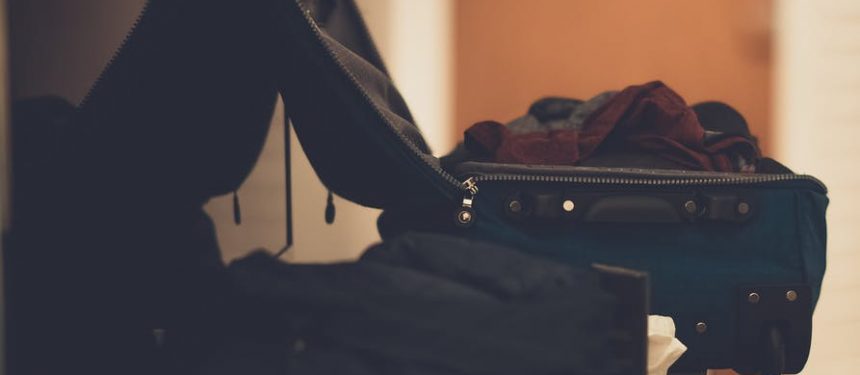A ‘worryingly’ large number of Indian students stranded in the UK are being made homeless because they cannot pay rent to private landlords, The PIE News has learnt.
News and business analysis for Professionals in International Education
Have some pie!
UK: Indian students made homeless
 Indian students are being evicted by private landlords. Photo: Pexels
Indian students are being evicted by private landlords. Photo: Pexels Lockdown measures have meant that students are no longer able to work part-time jobs and hundreds have struggled with basic living costs such as buying food and paying rent.
“It’s a worryingly high number [of students]. It is not the odd one here or there”
NISAU UK, an umbrella organisation for India and India-related student societies in the UK, told The PIE that students who have sublet rooms are now being evicted, as landlords are able to circumvent laws that protect tenants from eviction during Covid-19.
The situation with Indian students in the UK is increasingly precarious, with both NISAU and The Indian National Student Association reporting cases of students facing serious mental health concerns.
“We have encountered students who are being evicted or who are facing difficulties with their landlords,” said chairperson of NISAU, Sanam Arora.
“Often that is because students are subletting from another tenant in the house. We are seeing a number of cases come to us…It’s a worryingly high number. It is not the odd one here or there.”
A 20-year-old female student who wished to remain anonymous spoke to The PIE about her impending eviction.
She said she is currently receiving money from a friend to afford food, however, she does not have money to pay for rent.
“We are feeling a lot of stress…[a lot of] sleepless nights for my family. I also feel alone here as I don’t have any relatives [here],” she explained.
The Indian government is currently scheduling flights to bring Indian nationals back home. As of May 18, the Indian High Commission had repatriated 2,288 Indians, 48% of whom were students.
However, The PIE reported earlier this month that as many as 10,000 students want to return to India and Arora explained that students aren’t always first in line in the queue to return home.
“A phased operation is taking place by the Indian government and we are supporting [them] and helping prioritise those that must absolutely go,” Arora said.
“That typically tends to be people with medical emergencies, pregnant women or people where a next of kin has died back home.”
Arora told The PIE that in some cases students had said they felt threatened by their landlords, who are demanding that rent be paid.
“One case that is going on at the moment involves a student who has been unable to pay rent as he has lost his part-time job in London. The student has told us that the landlord has been harassing him.”
Arora explained that negotiations had been tried with the landlord, but no resolution has been found.
“It’s gotten to the point that the student has felt very fearful for his life because apparently the landlord called a number of people to the house in order to pressurise the student.
“The distress they are facing is quite severe”
Arora added: “We don’t feel that the majority of students would fall under that level of distress, although arguably the distress they are facing around accommodation and food is quite severe.”
The mental health impact for students who are stranded in the UK has been serious. The Indian National Student Association told The PIE that it had received very concerning calls from students, something that NISAU has also encountered.
“There have been a handful of instances where a couple of students have openly spoken of suicide if they are unable to go back home,” said Arora.
“We have escalated all such issues to the Indian government. Where we feel it necessary we help provide mental health counselling or connect them to counsellors, or provide them with information with what they can do.
“We are also holding regular sessions to focus on mental health, wellbeing, personal and career development to help support students with anxiety and focus their attention on productive matters that can help them get ready for an uncertain and volatile future job market.”
The UK Council for International Student Affairs told The PIE that it would urge all students facing difficulty to contact the advice and support services at their university or college or students’ union.
UKCISA’s Covid-19 page has a section on financial hardship, which includes the following advice: “Local authorities, councils and neighbourhood, cultural and religious groups can help you with shopping and other aspects of daily life – check Covid-19 Mutual Aid UK for sources of help local to you.”
The PIE contacted the Indian High Commission for comment but had not received a response at the time of publication.
Still looking? Find by category:


